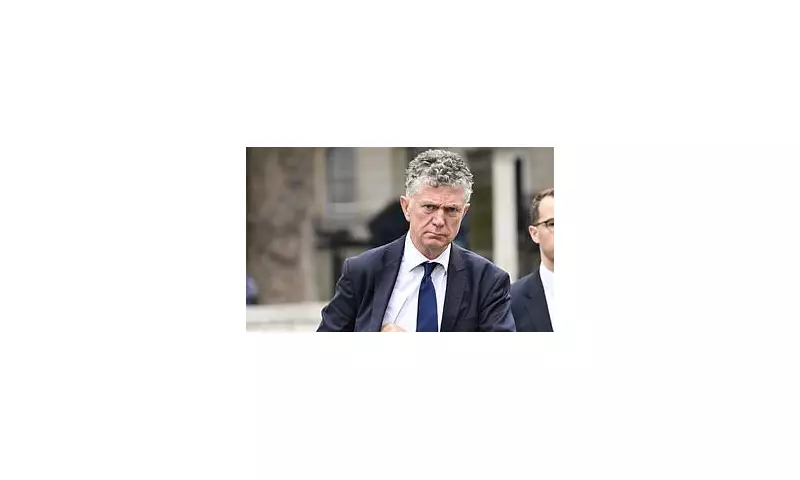
In a controversial move that has raised eyebrows across Westminster, Sir Keir Starmer's national security chief will escape public interrogation over the dramatic collapse of a high-profile China spy case after parliamentary authorities ruled the hearing must be conducted in private.
Matthew Doyle, the Labour leader's senior adviser on security matters, was due to face the powerful Intelligence and Security Committee (ISC) this week regarding the embarrassing failure of an espionage investigation that saw three men accused of working for Beijing suddenly cleared of all charges.
Transparency Concerns Mount
The decision to hold the session behind closed doors has sparked immediate concerns about accountability and transparency within Britain's national security apparatus. Critics argue that moving such significant scrutiny out of public view undermines democratic oversight of sensitive security matters.
'This is precisely the kind of scrutiny that should be happening in the open,' said one Westminster insider familiar with the case. 'The public has a right to understand what went wrong with a case that alleged serious breaches of national security.'
Case Collapse Raises Questions
The collapsed investigation saw three individuals - including a former parliamentary researcher - arrested last year under the Official Secrets Act on suspicion of spying for China. The case unravelled spectacularly when prosecutors announced they were dropping all charges due to insufficient evidence, dealing a significant blow to Britain's counter-espionage efforts.
The development comes at a particularly sensitive time for UK-China relations and raises serious questions about:
- The strength of evidence gathering in national security cases
- Political oversight of sensitive investigations
- Accountability mechanisms within security services
- The balance between secrecy and democratic transparency
Committee's Secret Proceedings
The Intelligence and Security Committee, comprised of senior MPs and peers with high-level security clearance, has the authority to examine the work of Britain's intelligence agencies. However, much of its work is conducted in secret, with only heavily redacted reports eventually made public.
Defenders of the private hearing arrangement argue that sensitive operational details and intelligence methods must be protected from public disclosure. 'There are legitimate reasons why some discussions need to happen in camera,' noted a security source. 'The challenge is ensuring proper accountability while protecting genuine secrets.'
The decision means the British public will likely never know what questions were put to Mr Doyle or how he accounted for his role in advising the Labour leadership during the investigation's tumultuous collapse.





